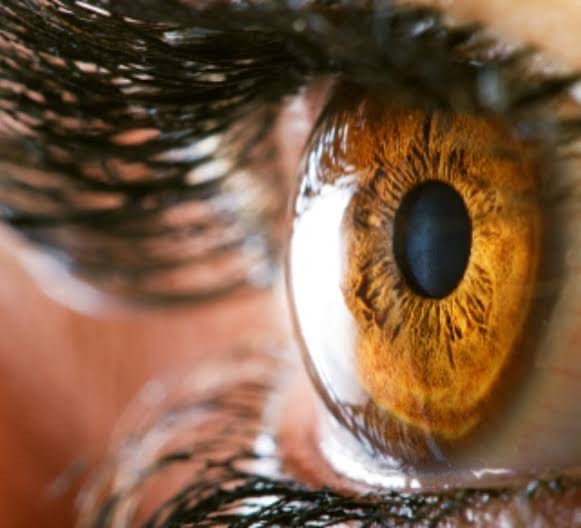
Beyond their practical function of sight, eyes serve as powerful communicators of emotions, intentions, and even health.
The Science Behind Sight: At a fundamental level, the eyes function as intricate biological cameras, capturing light and translating it into electrical signals that the brain interprets as images. This remarkable process involves several key components, including the cornea, lens, retina, and optic nerve, all working in harmony to facilitate vision.
The Language of the Eyes: One of the most captivating aspects of the eyes is their ability to convey a myriad of emotions without uttering a single word. From joyous laughter to silent tears, the eyes speak volumes, serving as a universal language understood by all. A twinkle of mischief, a gaze of longing, or a glance of affection can convey more than paragraphs of text ever could.
The Power of Eye Contact: Eye contact is a powerful form of nonverbal communication, capable of forging connections, conveying trust, and even influencing social dynamics. Whether in a business meeting, a romantic encounter, or a casual conversation, maintaining appropriate eye contact can significantly impact how we are perceived and understood by others.
The Window to Health: Beyond their role in perception and communication, the eyes also serve as valuable indicators of overall health. Optometrists and Ophthalmologists can detect a wide range of medical conditions, from diabetes to hypertension, simply by examining the eyes. Changes in vision, eye pain, or unusual symptoms should never be ignored, as they could signal underlying health issues requiring prompt attention.
Cultural Significance: Throughout history and across cultures, the eyes have held profound symbolic significance. In ancient Egyptian mythology, the Eye of Horus symbolized protection, royal power, and good health. In Hinduism, the third eye represents spiritual awakening and insight. Even in contemporary society, phrases like “the apple of my eye” or “seeing eye to eye” highlight the enduring cultural importance of the eyes.
Protecting the Gift of Sight: Given their vital importance, caring for our eyes should be a top priority. This includes regular eye exams, wearing protective eyewear when necessary, maintaining a healthy lifestyle, and avoiding habits that can harm vision, such as smoking or excessive screen time. By taking proactive steps to preserve our vision, we can continue to appreciate the beauty and wonder of the world through clear, healthy eyes.
In conclusion, the eyes are not just organs of sight; they are portals to our emotions, our health, and our very essence. From the depths of their mysteries to the heights of their expressive power, the eyes continue to captivate and inspire us, reminding us of the profound connections that unite all humanity. As we gaze into the eyes of another, let us remember the timeless wisdom they hold and the boundless possibilities they represent.
